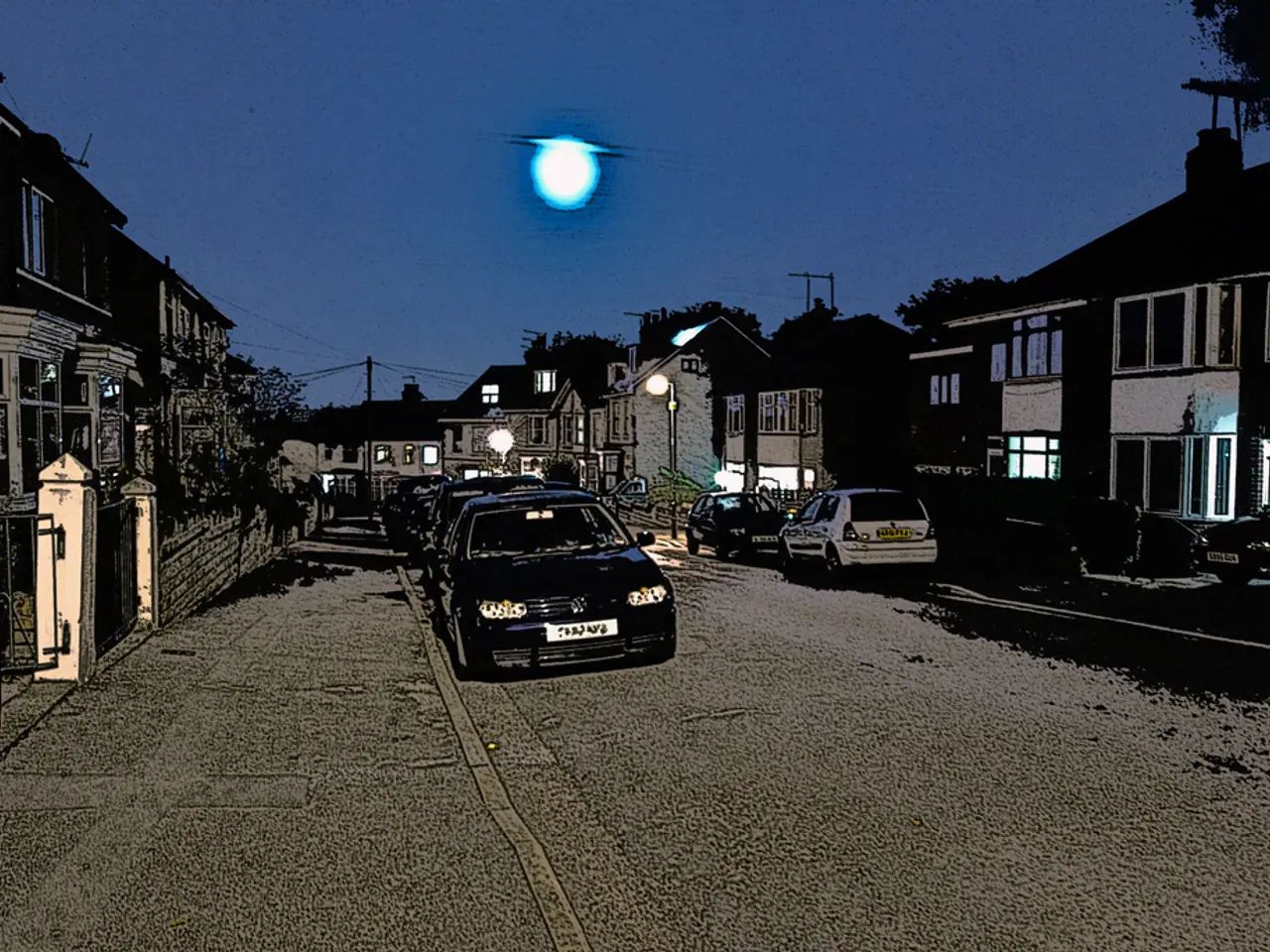Lunar Eclipse: Blood Moon Appearance over Germany Showcased on Red Disc
Last evening, Germany was treated to a celestial spectacle as it witnessed a total lunar eclipse. This astronomical event occurred around 7:30 PM and ended just before 9 PM (Berlin time).
During a lunar eclipse, the Earth, illuminated by the Sun, casts a shadow into space. If the Moon passes through this shadow, we see a lunar eclipse. If the Moon is completely within this shadow, it is called a total eclipse.
Last night's eclipse was not an unusually large "Supermoon", but it was still a sight to behold. The Moon was only visible over Germany after it had already entered the full shadow of the Earth, making it harder to spot on the horizon.
Carolin Liefke, a PhD astrophysicist and deputy head of the Haus der Astronomie in Heidelberg, extensively informed the public before the last total lunar eclipse. She explained that over Germany, the Moon rose already fully in Earth's shadow, which affected its appearance during the event. According to her, it was possible to only see the lunar eclipse as it was coming out of the total eclipse.
The intensity of the red glow during a lunar eclipse depends on various factors, including the amount of smog in the air. During a total lunar eclipse, the Moon can appear red due to the scattering of the Sun's rays into the Earth's atmosphere.
The next opportunity to witness a total lunar eclipse in Germany is on December 31, 2028. Meanwhile, the next total lunar eclipse will occur on March 3, 2026, and can be viewed in America or Asia.
For those who missed last night's eclipse, fear not! There will be more opportunities to witness this fascinating celestial event in the future. Stay tuned for more updates from the world of astronomy.
Read also:
- Understanding Hemorrhagic Gastroenteritis: Key Facts
- Stopping Osteoporosis Treatment: Timeline Considerations
- Tobacco industry's suggested changes on a legislative modification are disregarded by health journalists
- Expanded Community Health Involvement by CK Birla Hospitals, Jaipur, Maintained Through Consistent Outreach Programs Across Rajasthan








